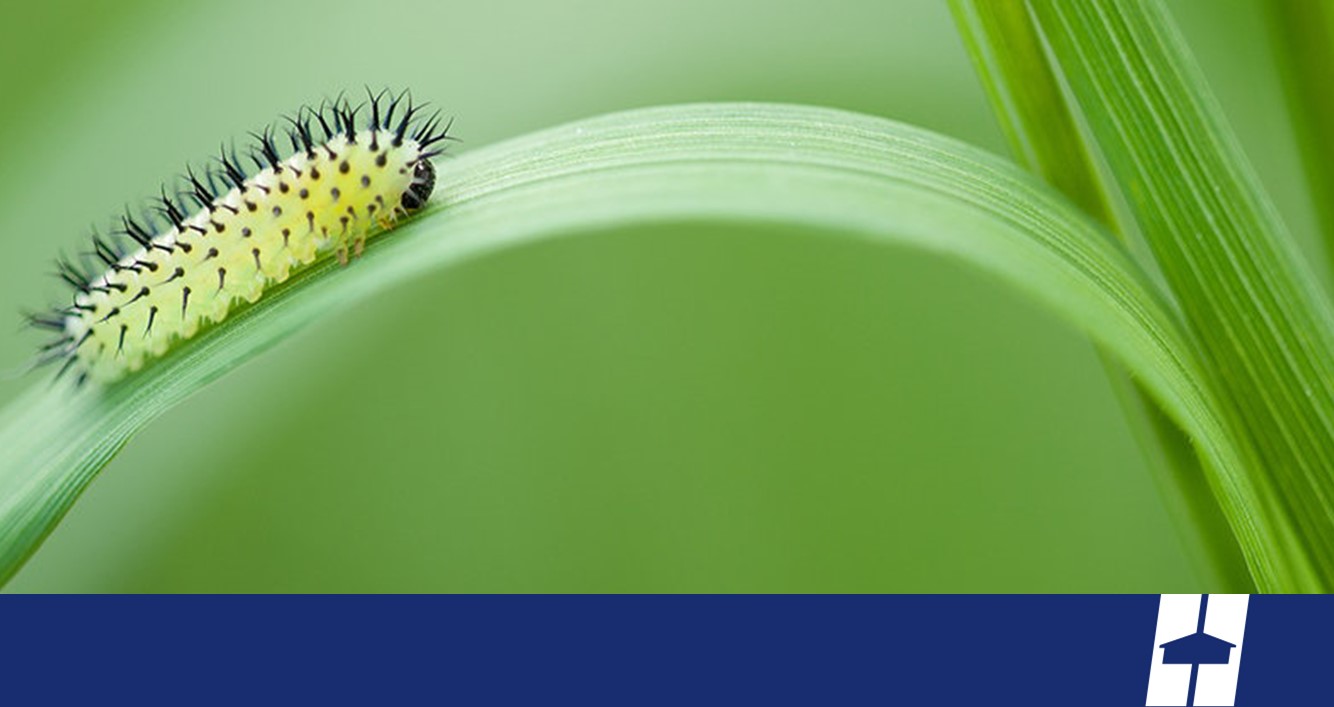

Each spring, homeowners around the country begin to see insects and pests appear in their homes and gardens. While the types of pests may vary depending on where you live or what you’re growing in your garden, it’s a constant battle to keep them out and prevent them from damaging your plants. There are plenty of ways to try and keep them at bay, but many of those solutions use chemicals that may be harmful to the environment around them. Organic pest control methods might provide the perfect solution.
Looking for reasons to go organic with your pest control? Here are 4 of them
This is the core benefit of organic pest control. Whereas chemical sprays may be effective, they often have harmful effects on the surrounding environment (including animals, soil, and water when it becomes runoff), organic pest control products are typically much safer and more beneficial for the environment overall.
Many organic sprays use food or plant-based oils as their active ingredients, giving you a natural way to keep pests off without damaging the surrounding environment.
Organic pesticides are typically effective for a longer period of time than chemical sprays. You’ve probably been through the routine with chemical pesticides before: apply once, apply again 30 days later, 30 days after that, etc.
The repeated applications can also damage your overall lawn or garden long-term and make it harder for any plants – not just weeds – to grow.
It’s been proven that chemical sprays and pesticides can lose their effectiveness over time. This simply comes down to nature and the passing on of beneficial traits: if certain insects in a species aren’t killed off by the pesticides, only those with traits that make them resistant to it get passed on. Over time, the majority of the population may be resistant to that particular chemical.
Since organic treatments are biologically based rather than artificially created, pests are less likely to develop a resistance.
Most organic pesticides use both biological controls (scents, tastes, natural oils, etc.) combined with safer, green chemicals to prevent pests. The ingredients are derived from natural substances and require an understanding of the scientific makeup of both the pests and pesticides. Companies have to know everything about the pests and the organic compounds that can repel them. There’s a science and strategy to their methods, rather than a chemical “spray-and-pray it works” technique.
A common organic pesticide is diatomaceous earth.
What is diatomaceous earth?
Chances are if you’ve done any research on organic pest control, you’ve seen diatomaceous earth pop up quite a bit. It’s actually a naturally occurring sedimentary rock formed from fossilized algae or diatoms. It’s then ground into a fine powder and used for organic pest control against many types of pests. Most varieties are food-grade and safe for pets as well.
Its effectiveness comes from its ability to stick to the exoskeleton of most bugs and dry them out. Therefore, just about any insect with an exoskeleton can be treated with diatomaceous earth.
Applying it is simple: just sprinkle some of the powder onto plants, the garden bed, or around the base of plants to deter various pests.
©2026 HOLMES BUILDING MATERIALS